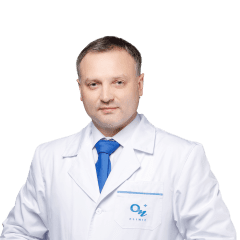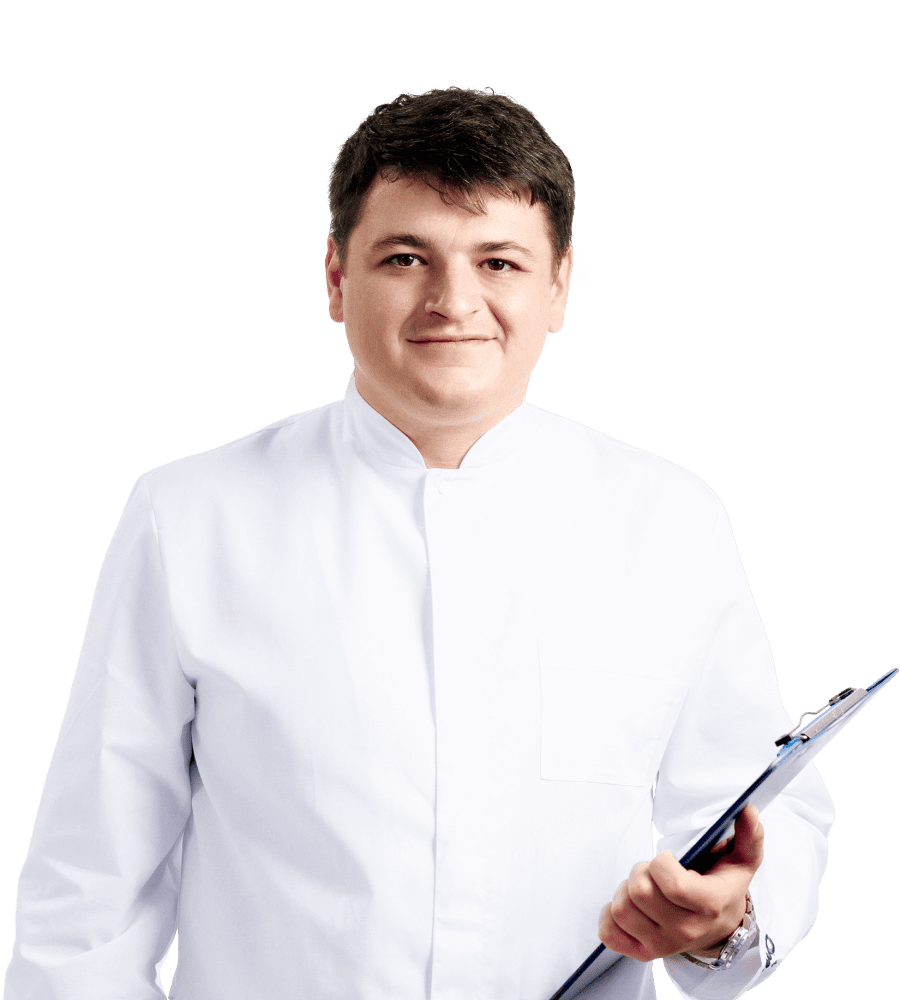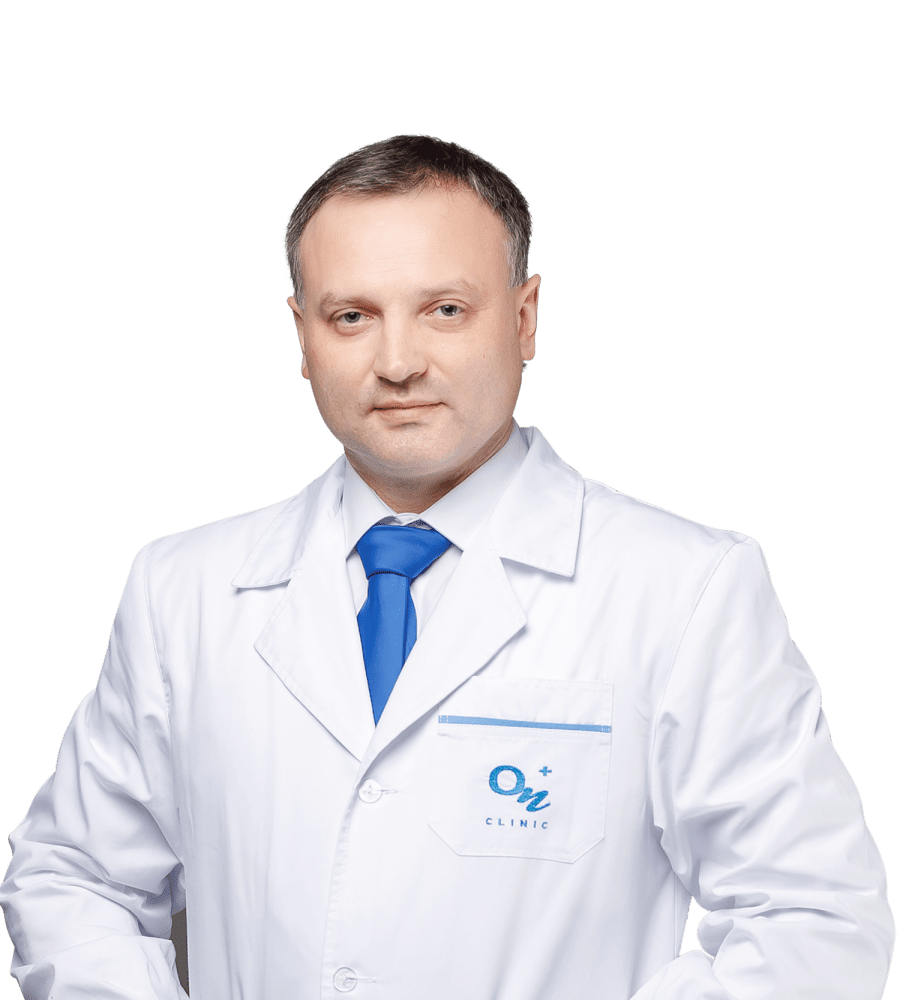Treatment of maxillar sinusitis in Kharkov
Maxillary sinuses responsible for secretion of nasal mucosa are located in the depth of upper jaw bone. Their infection result in the development of maxillary sinusitis; it is inflammatory disease accompanied with heavy feeling and soreness in the forehead and nose. Otolaryngologists (ENT-specialists) deal with diagnostics and treatment of this pathology.
According to statistics, patients are more likely to experience maxillary sinusitis in the autumn-winter period. The main cause of inflammation is general hypothermia of body weakening the immune system. It is more difficult for body to overcome the attack of viral and bacterial agents in the setting of this disease. They enter nasal sinuses and cause inflammation of tissues. The disease develops rapidly and can progress to the chronic stage.
Otolaryngologists divide the pathology into the following types:
- catarrhal and purulent. In the first case, pathogenic microflora is not present in the mucus, in the second case disease-inducing microorganisms are detected;
- unilateral and bilateral maxillary sinusitis. In case of unilateral form, the sinus is affected only on one half of the face, in case of bilateral form – on both;
- acute, subacute and chronic maxillary sinusitis. Unless disease treated in time, it leads to the development of permanent impairment of maxillary sinuses. Therefore, at the first symptoms it is recommended to immediately make an appointment with the ENT specialist.
Another classification divides the disease into several types, depending on the nature of tissue damage. In addition to viruses and bacteria, fungi or serious injury of upper jaw can provoke the disease.
Symptoms of maxillary sinusitis
The first sign of maxillary sinusitis is nasal congestion and shortness of breath. Then there is a pressure sense in the forehead. Other symptoms quickly develop:
- sharp pain radiating to teeth or facial bones. Soreness increases with bending forward;
- headache;
- temperature rise (fever develops in case of purulent form of disease);
- general fatigue.
Symptoms of maxillary sinusitis can occur on one or both sides depending on the side where sinus is inflamed. If pathology turned into chronic stage, acute pain is replaced by dull and aching one.
Other signs also appear:
- difficult breathing due to constant nasal congestion. Disorder of sense of smell may occur in the setting of mucosa irritation;
- conjunctival inflammation, increased lacrimation of eyes;
- in case of spread of disease – inflammation of the pharynx: sore throat, difficult and painful swallowing;
- slight swelling in the nose and forehead.
Chronic maxillary sinusitis provokes the development of other ENT diseases: tonsillitis, pharyngitis, rhinitis. The disease periodically turns into acute phase when a patient's well-being deteriorates sharply.
In some cases, otolaryngologists diagnose allergic maxillary sinusitis, its distinguishing signs are as follows:
- profuse nasal mucus discharge;
- frequent sneezing;
- in some cases, photophobia;
- itchy nose.
The task of ENT-specialist is to establish accurate diagnosis of disease, determine its causes and develop an effective treatment regimen.
Maxillary sinusitis treatment procedure
Treatment of maxillary sinusitis is aimed at removal of inflammation of the maxillary sinuses and recovery of mucous membrane normal functioning. For this purpose, doctor offers comprehensive measures enabling to suppress the focus of infection quickly and efficiently and improve drainage in sinuses. The early treatment of maxillary sinusitis helps to avoid its transition to purulent or chronic stage.
Usually the therapy includes the following:
- prescription of vasoconstrictor drugs for temporarily relief of swelling and restoration of normal breathing;
- antipyretic drugs (for fever) and antibiotics (if the pathology is caused by microorganisms);
- nasal rinsing for maxillary sinusitis. This involves the usage of saline water (or saline solution) as well as solutions of some medicines with disinfecting properties.
The course of treatment is fully controlled by otolaryngologist. After recovery, it is important to adhere to recommendations for prevention of maxillary sinusitis for example, to avoid hypothermia, to administer a course of immunomodulators.
A qualified ENT-specialist at medical center "ON Clinic Kharkiv" will order you comprehensive therapy. Make appointment right now and recover your health.
| Название | Цена |
| 870 uah | |
| 550 uah | |
| 250 uah | |
| ONLINE Consultation with an otolaryngologist | 700 uah |
| Otolaryngologist consultation | 700 uah |










